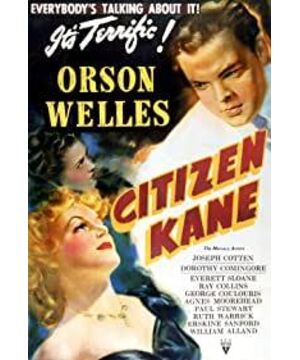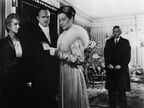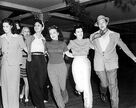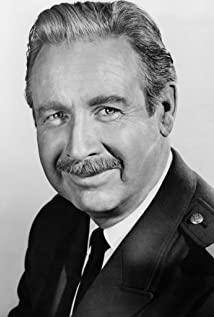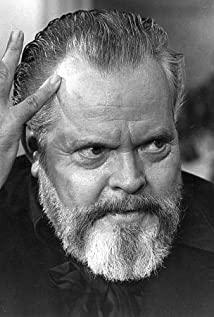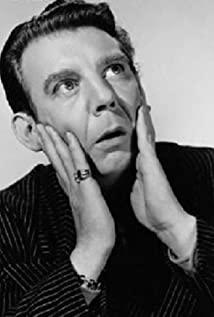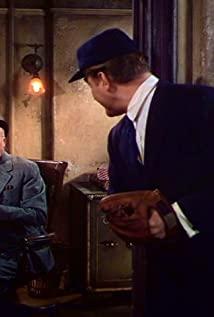In fact, "Rosebud" is not a suspense to the last for me to watch it for the first time, not because I watched it before. What relevant comments have been made, but because when I saw Little Kane playing sleds on the snow, I suddenly thought: When I was a child, I read "Mickey Mouse" magazine, and there was one of the richest ducks in the world - Uncle Scrooge, In one episode he finds his lost childhood sleigh, also called "Rosebud". Immediately stunned, it turned out that this episode actually came from "Citizen Kane" (another ruined childhood...) So I was spoiled by my own nonsense association. . .
Of course, "rosebud" also later became a meaningful expression in the American language: as if everything was said and nothing was said. Roger Elbert explained the "Rosebud" sleigh as "the innocence, hope and security of childhood", echoing the words of Kane's good friend Jed Leyland in the film: "Charlie has been chasing love all his life, but his life It's just a process of losing love." (Speaking of friends, please forgive the author's weird cultural perspective as a post-90s watcher.)
In fact, as a person who studies journalism and is interested in movies, this film cannot be avoided no matter what. Based on William Randolph Hearst, a famous American newspaper tycoon who set off a "yellow news wave", and has received mixed reviews in history. He was once called "Hitler" by the press. In fact, the image of the newspaper tycoon portrayed in this film is not too deep for me: a man who was forced to leave his parents when he was young, grew up under the guardianship of a conservative and rich Mr. Thatcher, and was rebellious and publicized when he was young. He is very innovative and has a sense of justice, and with the deduction of the years (the most extraordinary one is "Merry Christmas" and "Happy New Year" after the two lines are switched, 20 years have passed!), he eventually became a duplicate name An old man who is rich and controversial, his love broke down and his friends left one by one. When he left alone, he was surrounded by those exquisite and expensive sculptures that were not his favorites. A sense of disillusionment and emptiness may be the final tone of the film, with a hint of irony and desolation.
The reason why this film has been repeatedly watched and recited by audiences through the ages is more due to the film's (at the time) very experimental scene scheduling. Even simple medium shots seem to be designed, not to mention a lot of cut-offs and stacks that have been meticulously adjusted to geometric shapes. I don't know if it was because Orson Wilson, who came from drama, was able to display his talents as he wanted with the strong support of RKO, who was almost free from any external restrictions, and his originality amazed the audience's vision.
One of the things that fascinates me about this film is that it rarely turns the experimental into the commercial. The audience bought it. Even today, in all fairness, even if there is nothing more attractive about the plot, the skillful and delicate picture and scene scheduling will still attract a part of the audience who are not familiar with black and white light and shadow. Compared with European classic films of the same period or later period, I have to say that American classics tend to be slightly more "craftsmanship". It seems that the extreme use of lens language has made the classic of "Citizen Kane". Interpretation, on the other hand, does not seem to possess the quality of multiple interpretations (perhaps also due to the limitations of biographical subject matter). But in any case, after reading some review articles, I can still understand why this film is regarded as a classic, and it has not been surpassed for so many years (this year it was selected by Hitchcock in the selection of Sight and Sound this year. "Vertigo" surpassed, relegated to second).
In fact, whether I should force myself to watch more "classic movies" is a question that has troubled me for a long time. But today I figured it out a bit: It’s good to have a normal heart for classics, because with the development of civilization and culture, the definition of “classics” may change slightly, and the interpretation of “classics” will also become more and more The more oriented, that's a good thing, I think. There is no need to force yourself to have absolute reverence for the so-called "classics", or to be all disdain and criticism. The aura and appeal of the movie is there, whether you like it or not has no necessary connection with whether it is classic or not.
View more about Citizen Kane reviews


